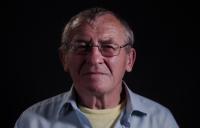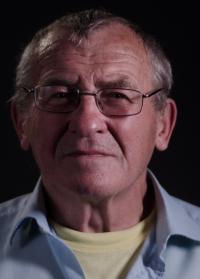The factory taught me the most for life

Download image
Miloš Zárybnický was born on 12 May 1936 in Prague. He grew up in Lochkov, at that time a distinct village, today a part of Prague. After finishing elementary school in 1951 he did vocational training in the Motorlet (former Walter Motors) factory in Prague’s Jinonice quarter. He passed the exam to become an aircraft mechanic and then continued with his studies at the high school of aircraft engineering in Hloubětín, graduating in 1957. He then went on to do his military service and since 1959 worked in the Motorlet factory as mechanical engineer. In 1962 he won an open competition to become the director of the Gold Mining Museum located in Jílové near Prague. While working, he also managed to graduate in philosophy and psychology at the Faculty of Philosophy and Arts, Charles University in Prague. He left the museum in 1972 and since 1973 up until pension worked in the National Technical Museum in the mining department. He specializes in mining history and is the director and of Silesian-Moravian-Bohemian Mining Association. As a long-term museum employee he still collaborates with museums across the Czech Republic and in Poland and works on the popularization of mining. He lives in Prague-Lochkov.

